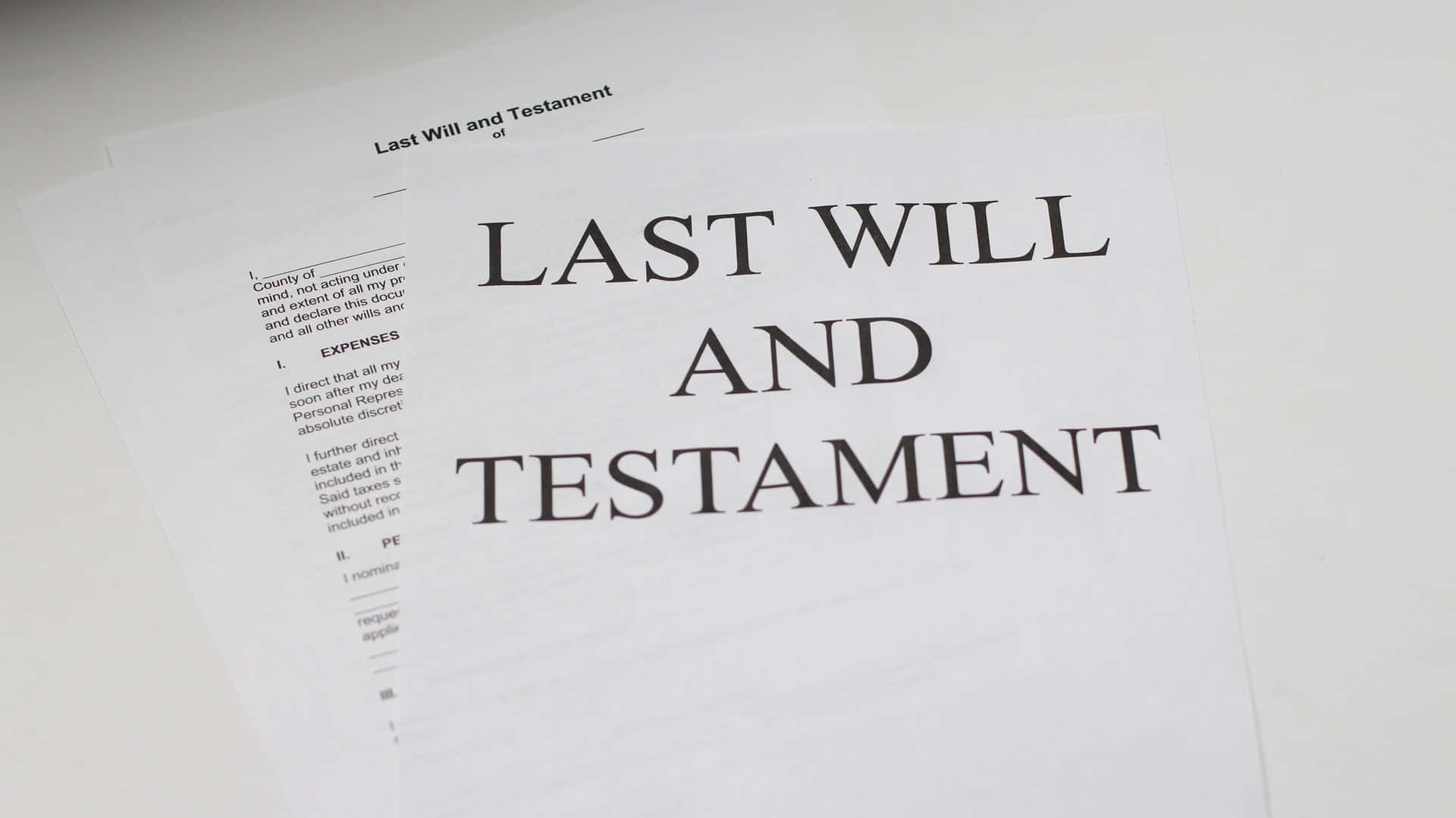Bill-245, the Accelerating Access to Justice Act, proposes new measures that will ensure that virtual witnessing of wills and powers of attorney will remain a permanent feature of Ontario law, among other significant amendments to a long list of Acts. Virtual witnessing of wills was introduced by provincial regulations enacted under the Emergency Management and Civil Protection Act, in response to COVID-19. Bill-245 is intended to modernize Ontario’s justice system by building on certain provincial emergency orders, such as the remote witnessing order, to remove impediments to access to justice. The proposed Bill is currently in its second reading.
The province announced that the newly introduced legislation “will transform the way Ontarians access justice in the courtroom and beyond, particularly in rural, northern, Indigenous, and Francophone communities.” In light of the proposed Bill, Attorney General Downey commented on current COVID-19 pandemic challenges to access to justice, saying:
“The advancements we are proposing to adopt in this Bill will benefit people across Ontario by saving them money and reducing the time they spend waiting for their day in court.”
Proposed Succession Law Reform Act Amendments
Bill-245 introduces a long-awaited reform, allowing the virtual witnessing of wills through audio-visual communication technology for wills made on and after April 7, 2020. This amendment is a testament to the challenges and limitations of in-person interactions during the COVID-19 outbreak. The proposed Bill defines “audio-visual technology” as “any electronic method of communication in which participants are able to see, hear and communicate with one another in real-time.” This definition may therefore encompass Zoom or other audio-visual means of communication commonly used throughout the pandemic.
Importantly, however, this new reform requires that at least one person acting as a witness be a licensee within the meaning of the Law Society Act at the time of signing the will. Furthermore, Bill-245 stipulates that the making or acknowledgment of the signature and the subscribing of the will are contemporaneous. Put simply, this means that when a testator signs a will, the subscribing witnesses must be present, physically or virtually via acceptable audio-visual communication methods.
Yet another proposed amending clause provides that when a will is signed or subscribed through the use of valid audio-visual communication means, the signature or subscription may be made by signing or subscribing complete, identical copies of the will in counterpart. Such copies of a will are deemed identical even if there are minor, non-substantive differences in format or layout between the copies.
Revocation by Marriage Clauses Repealed
Another change introduced by Bill-245 is the repealing of Section 16 of the Succession Law Reform Act, which provides that a will is revoked by the marriage of the testator, except in specified circumstances. Section 17 of the Act, which provides that if the marriage of the testator and the testator’s spouse is “terminated or declared a nullity, the testator’s will shall be construed as if the former spouse had predeceased the testator,” will be amended to add additional instances of spousal separation between married spouses that would have the same result, as of the testator’s death.
These proposed amendments may mitigate or even prevent the effects of a predatory marriage and risks to vulnerable individuals. Revocation by marriage clauses have been heavily criticized by the Ontario legal community for quite some time.
Welcome Additions to Ontario Wills and Estates Law
Bill-245, if passed, will also add a new Section 21.1 to the Succession Law Reform Act. The new section confers the Superior Court of Justice the authority to make an order validating a document or writing that was not properly executed or made under the Act, on application. The Court may make such an order where it is satisfied that the document or writing sets out the testamentary intentions of a deceased or an intention of a deceased to revoke, alter or revive a will of the deceased.
Additionally, a new Section 43.1 is proposed in Bill-245, specifying that the spousal entitlements under Part II of the current Act do not apply in respect of any or all property if the testator and the spouse are separated at the time of the testator’s death.
Contact the Experienced Ottawa and Arnprior Estate Lawyers at Tierney Stauffer LLP
At Tierney Stauffer LLP, our experienced will & estates lawyers believe in helping you navigate the complexities of estate planning. Our offices in Ottawa and Arnprior serve clients in all aspects of estate planning and estate administration. We prepare wills, powers of attorney and administer trusts for our clients. If you are considering writing a will or planning your estate, setting up a trust, or find yourself in a dispute over an estate, we can help.
Our lawyers provide innovative guidance throughout the estate planning and administration processes, and representation in litigation if necessary. Tierney Stauffer LLP lawyers have extensive experience and will work to secure the results our clients need in order to move forward. Call us at 1-888-799-8057 or contact us online to set up a consultation.


